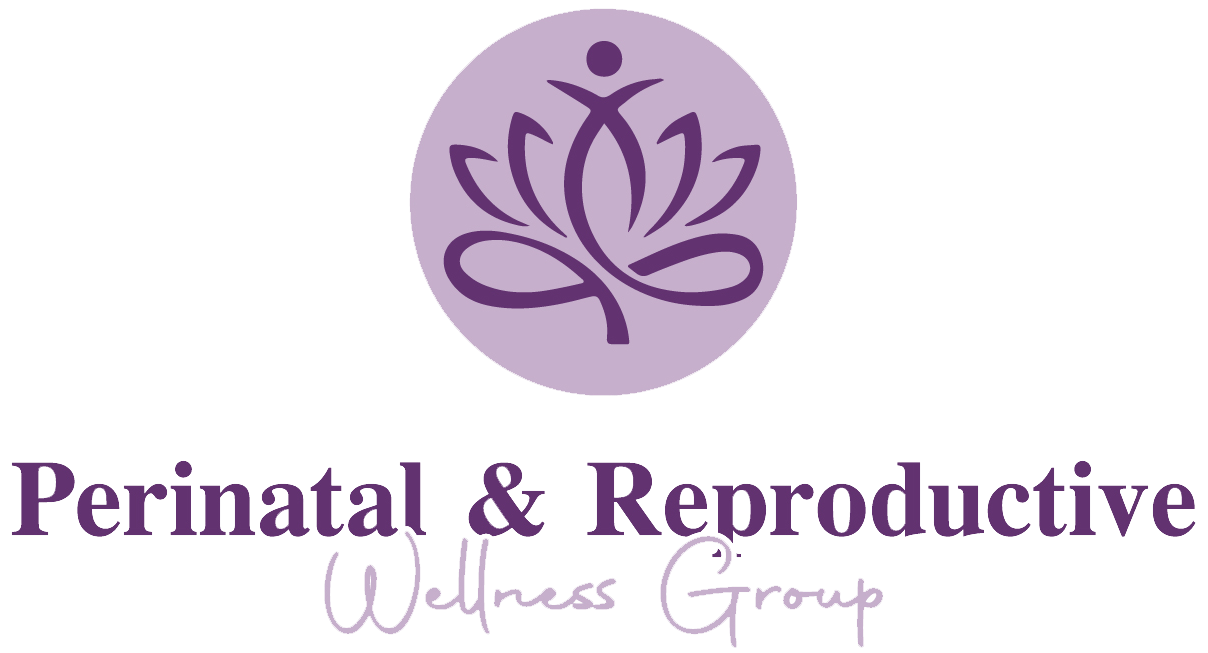Veterans Day Reflections: To the Military Spouses and New Moms… I See You
By Kate Stewart
Every November, we honor veterans and the sacrifices they make. However, I also want to honor the quiet, daily sacrifices of those who hold things together on the home front: military spouses, especially new mothers.
When I became a mom, my world was turned upside down. I was fortunate that my spouse was not deployed, unlike many of my friends whose partners were. However, we had PCS-ed (Permanent Change of Station), and we had to handle him working 60+ hour weeks with multiple TDY (Temporary Duty) assignments. I had no nearby community, no family close by, and no maternal mental health support.
I had always wanted to be a mom, and I assumed that I would be on cloud nine during this new phase of life. Sure, I had heard of the baby blues, but what I experienced was more than that: I had intrusive thoughts, crippling anxiety; I felt so alone, like I was a failure as a mom, and as if all other military spouses and new moms were thriving while I was barely surviving day to day.
Those intrusive thoughts left me wondering what was wrong with me. It took time and help to understand that these symptoms were part of postpartum anxiety. It was not until I started speaking out about my experience that many other military spouses and new moms had a very similar experience to mine. In fact, military spouses are more susceptible to postpartum mood and anxiety disorders (PMADS).
Why military life makes postpartum mental health harder
Military spouses face specific stressors that raise the risk of postpartum mood and anxiety disorders (PMADs):
Frequent moves and deployments disrupt support networks, making it more challenging to establish a local community.
Uncertainty about a partner’s schedule or safety amplifies worry and hypervigilance.
Being far from family means fewer practical helpers (no grandparents to step in).
Stigma about mental health in any tight-knit community can make asking for help feel risky or fear of putting a spouse's career at risk.
If you’re reading this and recognize yourself in the intrusive thoughts, the shame, the exhaustion, please know these are common symptoms of postpartum anxiety, and they don’t make you a bad mom. They make you a person in pain who deserves support.
What helped me (and concrete steps you can try tonight)
Name the thought out loud (even to yourself): “I’m having an intrusive thought about …” or “It’s just a thought…not me.” Naming reduces its power. Or I have this thought or worry because I am a good mom.
Use a 5-4-2-1 grounding: name 5 things you see, 4 you can touch, 3 you hear, 2 you smell, 1 you taste. Do it with your baby, make it part of a shared breathing moment.
Keep a short “survival list” of three specific, achievable goals for the day (e.g., feed the baby, drink a glass of water, nap when the baby naps, send a text). Celebrate each one.
Ask your pediatrician or OB for a mental health screen -they can connect you to therapy or medication options that work with breastfeeding if needed.
Reach out to another military spouse, a FRG (Family Readiness Group), or an online mom group - one honest message can change your day.
If possible, schedule short, regular breaks, just 10 minutes to step outside, breathe, or journal.
Clear, immediate resources (if you or someone you know needs help)
988 Suicide & Crisis Lifeline (U.S.) call or text 988 for immediate, confidential support.
Military Crisis Line dial 988, then press 1, or call 1-800-273-8255 and say, “I’m a service member, dependent or veteran” (confidential support 24/7).
Postpartum Support International (PSI) helpline, local resources, and peer support: https://www.postpartum.net (PSI has international directories and peer support options).
Military OneSource -free, confidential counseling and resources for military families: https://www.militaryonesource.mil phone: 1-800-342-9647.
TRICARE - check your mental health benefits; therapy and medication for PMADs are often covered. Contact your TRICARE regional office or your primary care physician (PCM).
If you’re outside the U.S., locate your country’s crisis line and local military family services.
For me, healing didn’t happen overnight. But it began when I finally admitted I wasn’t okay. It was my own mother, a former military spouse herself and mom of five who helped me climb out of the trenches and helped me separate thought from fact. With her support, I found the courage to join a mom group, ask for help, and start treatment.
It took time to find a therapist who understood postpartum anxiety, but once I did, things slowly began to shift. I also started moving my body again; even short walks outside with my daughter helped calm my mind. With the right care, medication, community, and exercise, I began to feel like myself again and healing came.
A shoutout to you
To the military spouses who are new moms, with deployment dates, TDYs, and PCSs on the calendar: I see you, and you are not alone.
This Veterans Day, we here at Perinatal and Reproductive Wellness Group honor not just those who serve in uniform, but the spouses and families who shoulder invisible burdens. You deserve care, community, recognition, and compassion.
